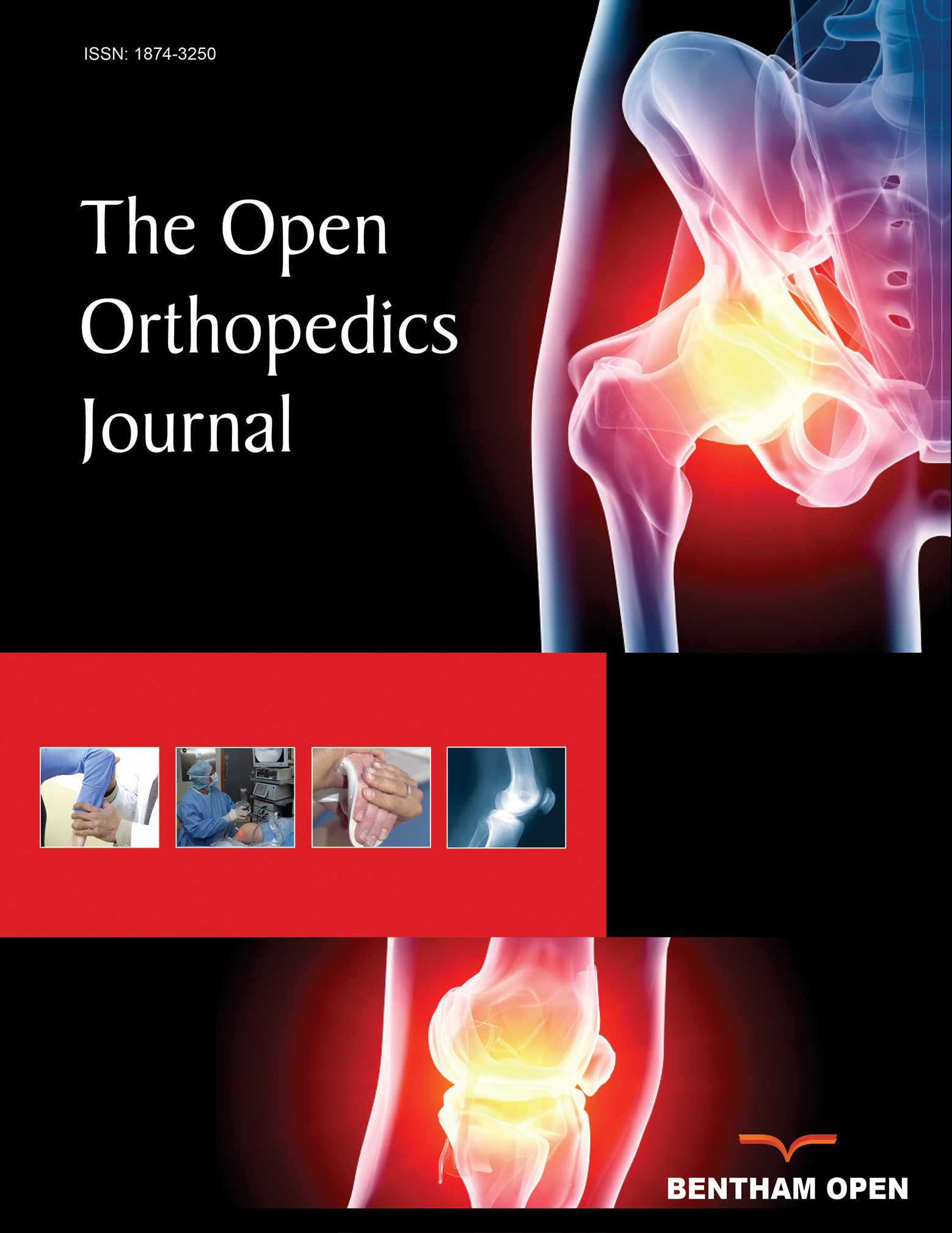All published articles of this journal are available on ScienceDirect.
Irreparable Rotator Cuff Tears Without Arthritis Treated With Reverse Total Shoulder Arthroplasty
Abstract
Background:
Irreparable rotator cuff (RC) tears without arthritis is a challenging clinical problem in young adults. Reverse total shoulder arthroplasty (RTSA) has been proposed as one of the surgical treatment options for this condition.
Methods:
In this review, we discuss the current understanding of the role of RTSA for the management of irreparable RC tears without arthritis based on authors personal experience and available scientific literature.
Results:
Reverse total shoulder arthroplasty (RTSA) is a constrained arthroplasty system that can allow the deltoid and remaining rotator cuff to substitute for the lost function of irreparable RC. Furthermore, the pain relief is consistent with often a dramatic improvement in patient comfort, shoulder function and stability. In patients with pseudoparalysis of the shoulder without advanced arthritis, RTSA effectively restores forward elevation above the shoulder but may not dramatically improve external (ER) or internal rotation (IR). However, due to concerns over implant longevity, caution has to be exercised when using RTSA for symptomatic irreparable RC tears with preserved active forward elevation (AFE) and in patients less than 65 years of age.
Conclusion:
RTSA is a reasonable surgical option for irreparable rotator cuff repair without arthritis. However, caution should be exercised when offering RTSA to young patients and patient without pseudoparalysis because they can have a higher complication and dissatisfaction rate. In addition, longevity of RTSA and subsequent need for revision surgery remains a significant concern in this population.


